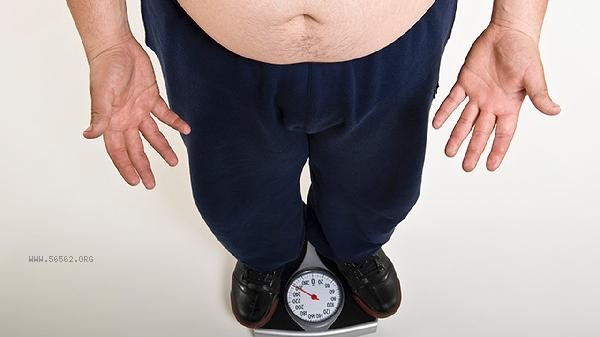Losing 10 pounds of weight requires consuming approximately 38500 calories. The calorie expenditure is related to factors such as basal metabolic rate, exercise intensity, and dietary control, and the actual values vary from person to person. The essence of weight loss is to create a calorie deficit, where the consumption exceeds the intake. Each kilogram of fat contains approximately 7700 calories, and complete breakdown of 10 pounds of fat requires the consumption of 38500 calories. It is recommended to lose 0.5-1 kg per week for healthy weight loss, and it is reasonable to create a daily calorie deficit of 500-750 kcal. Basic metabolism can burn some calories, with adult females consuming approximately 1200-1500 calories per day and males consuming around 1500-1800 calories per day. The remaining shortfall needs to be achieved through exercise and dietary control, for example, brisk walking consumes about 200-300 calories per hour, and swimming for 30 minutes consumes about 250 calories. In special circumstances such as metabolic disorders, the efficiency of calorie expenditure may decrease. hypothyroidism, insulin resistance, and other conditions can affect the rate of energy metabolism, and weight loss plans need to be adjusted under the guidance of a doctor. Some drugs, such as glucocorticoids, may increase water and sodium retention, and weight loss may not be obvious in the short term. Hormonal changes before menstruation in women may also lead to temporary weight fluctuations, during which there may be deviations in calorie expenditure and weight loss ratio.

It is recommended to scientifically lose weight by combining diet and exercise, reducing daily intake of 300-500 calories, while increasing consumption of 200-300 calories through aerobic exercise and strength training. Choose high protein and high dietary fiber foods to enhance satiety and avoid excessive dieting leading to muscle loss. Weight monitoring should be combined with comprehensive evaluation of changes in body fat percentage. During weight loss, drinking at least 2000 milliliters of water per day and sleeping for 7-8 hours can help maintain metabolic stability. If discomfort such as dizziness and fatigue occurs, adjust the plan in a timely manner and consult a nutritionist or endocrinologist if necessary.











Comments (0)
Leave a Comment
No comments yet
Be the first to share your thoughts!